How to Unclog a Drain, Naturally
Updated Oct. 16 2020, 4:23 p.m. ET
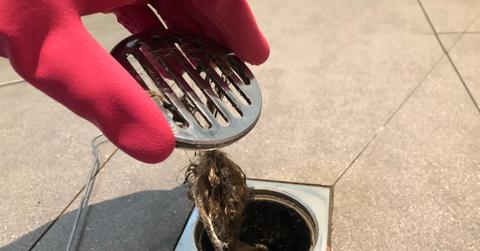
It’s never fun to finish a sinkful of dishes only to find that the dirty dishwater is still halfway up the sides of the sink. You reach down into the steamy, sudsy, greasy mess and dislodge the clog, but the momentary solution soon proves to be far worse than you thought. The sink doesn’t drain for a full hour, which means only one thing, your clog is more severe than just a few beans caught in the mesh basket.
Most people would reach under the sink for a handy bottle of Liquid Plumbr, unaware that this caustic chemical can do terrible things to the environment, not to mention the damage it can do to your plumbing if you start using it as a crutch. Thankfully, you needn’t always go for these expensive and highly toxic options. There are plenty of home remedies out there that will help you unclog a drain naturally and with little damage to the environment.
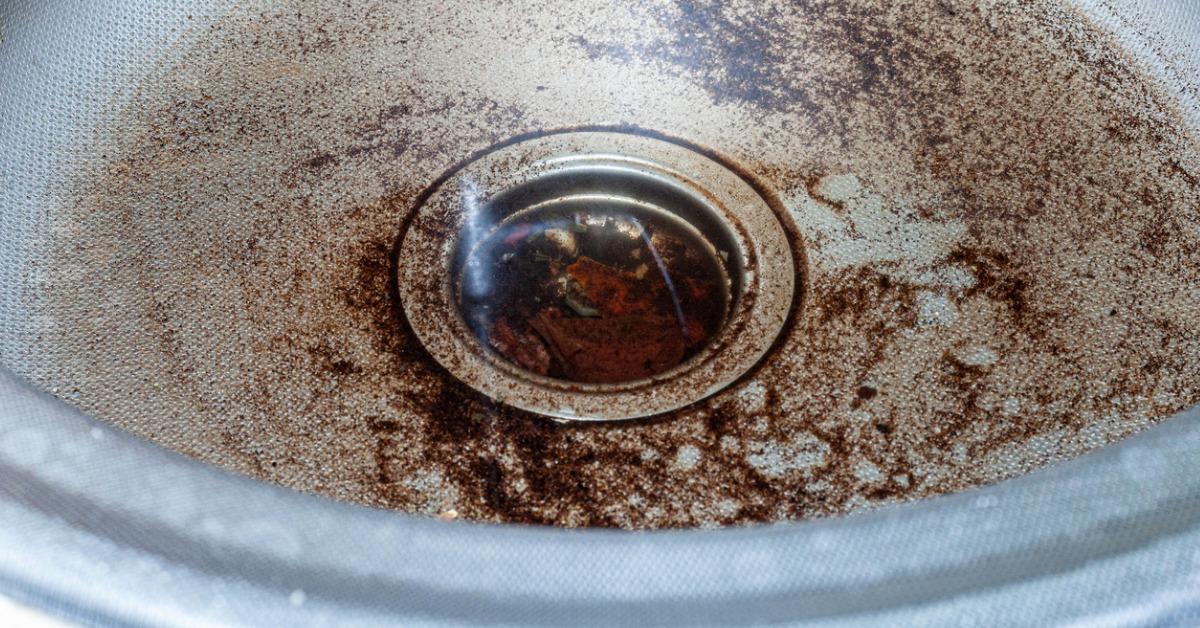
What are some natural ways to unclog a drain?
Green enthusiasts are a resourceful lot, which is good because that resourcefulness has allowed them to come up with environmentally-conscious solutions to even the most stubborn everyday problems. In this case, these solutions are designed to get rid of stubborn drain clogs in your kitchen sink, bathroom sink, tub, or toilet. Many of the solutions presented here use basic home chemistry to accomplish something that might otherwise cost several thousands of dollars if you tried to call a professional.
Does dish soap and hot water work?
Mixing a few tablespoons of liquid dish soap into about a half-gallon of boiling water will create a grease-dissolving lava flow that will unclog even the most stubborn kitchen sinks. It may take a few tries, of course, but using the boiling water to heat the grease back into a liquid may be the best solution in these cases.
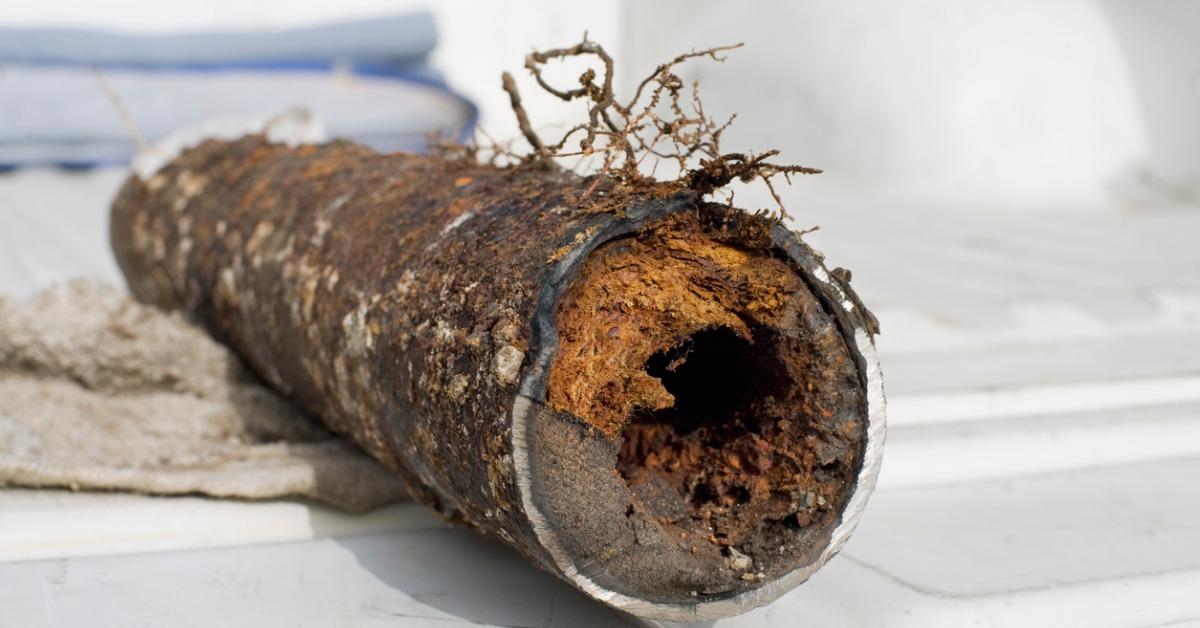
Does baking soda and vinegar work?
Speaking of lava, fans of their grade school earth science will likely remember this household chemical mix as being particularly fun to watch. Pouring a 1/2 cup of baking soda and an equal amount of vinegar down the drain will create a spectacularly fizzy display that might push the clog out of your drain. Unfortunately, this method is more effective on bathroom sinks than kitchen sinks, as it does nothing to break down the grease that might be coating the insides of your drains.
Other household chemical methods involve mixing different combinations of salt, borax, and vinegar with a pot of boiling water and waiting an hour. Another involves mixing salt and baking soda and letting it sit in your drain overnight. These will all work, to a point, but most experiments have found dish soap and boiling to be the most effective on grease clogs.
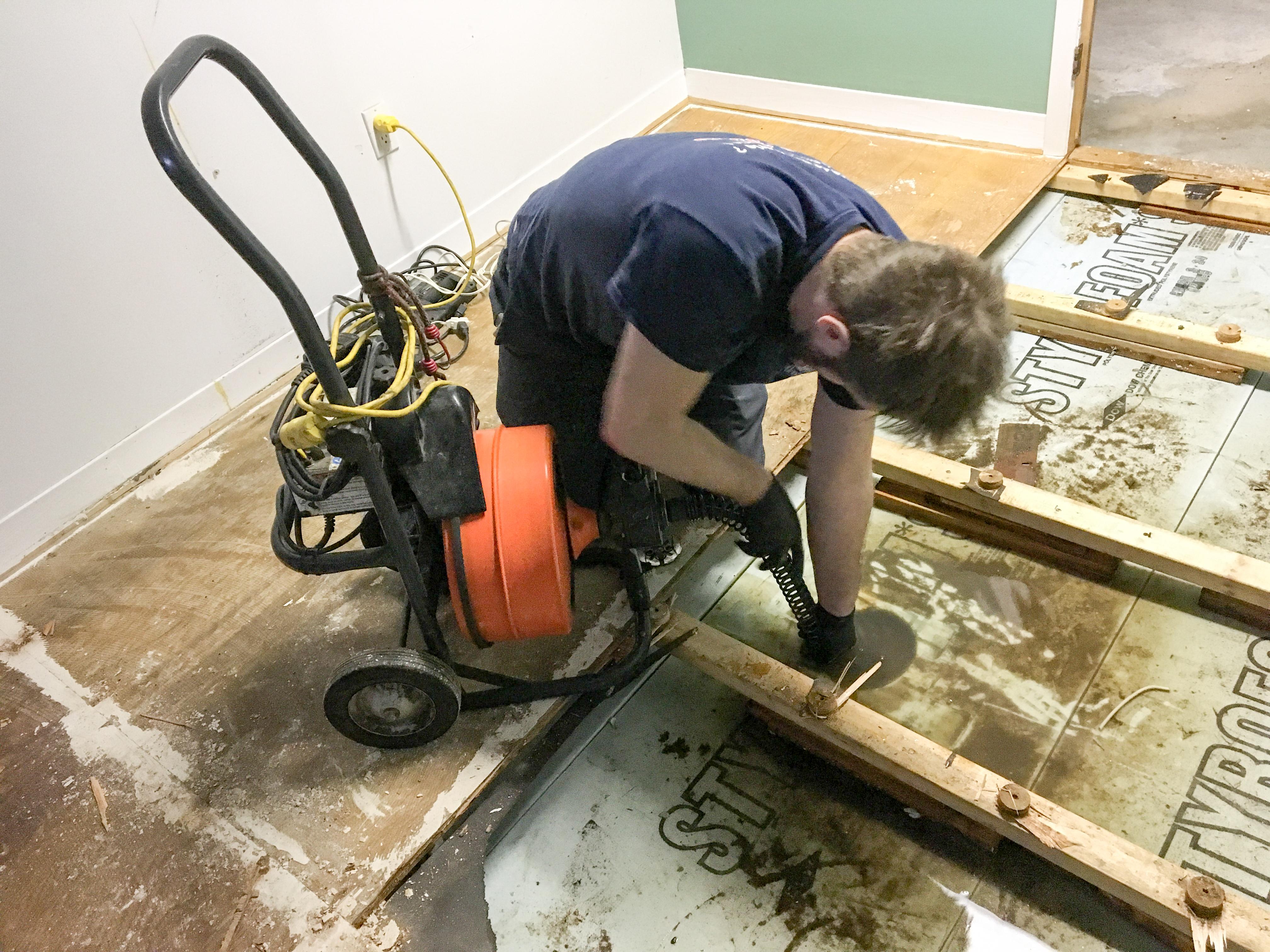
Should I just use a plumbing snake?
Snaking a drain can be a very effective if exceptionally gross method of rooting out a clog. If you don’t own a plumbing snake, you can always straighten out a wire coat hanger and hook it down into the drain. Just make sure you have something to catch and dispose of whatever you pull out. Be warned this method is not for everyone, especially not if you happen to be sensitive to the sights or smells of your drain contents..
When it comes to toilet clogs and some sink clogs, actually, one of the best and most effective devices is still the handy, dandy plunger. Note that rubber plungers work far better than plastic ones, in general. It’s a bathroom mainstay for a reason; it just works.
Should I use conventional drain cleaners?
Synthetic cleaners often contain sodium hydroxide or sulfuric acid, both of which are caustic, toxic, and dangerous to touch or inhale. They will also eat away at the same pipes you’re looking to unclog over time. It does not matter if your pipes are PVC or metal, either. These chemicals can chew through both. Synthetic cleaners may be cheaper than a plumber, but they’ll probably do more harm than good.
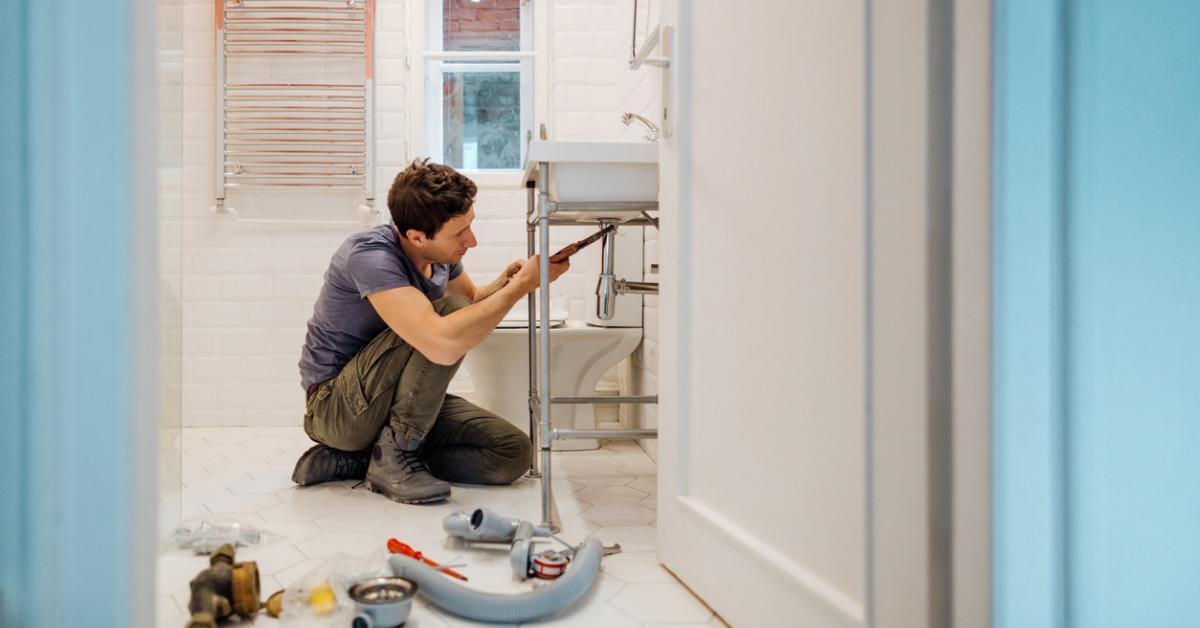
How can I avoid having clogged drains?
There are some tried and true methods for avoiding clogged drains in the future. First, never allow grease, oil, banana peels, potato peels, eggshells, bones, pits, or seeds to wander down the drain. All these items can stick to the sides of the pipe and can take months or years to break down and flush their way down. Consider a hair trap in your bathroom sink or shower and never flush Clorox wipes or baby wipes down the toilet.